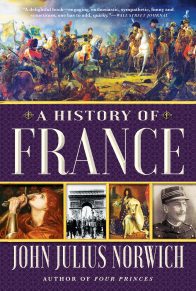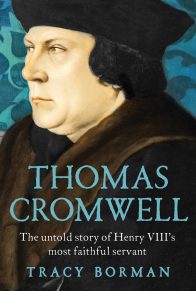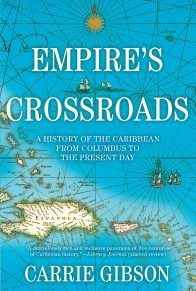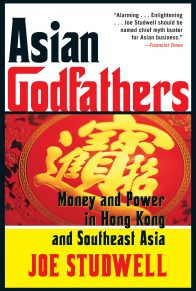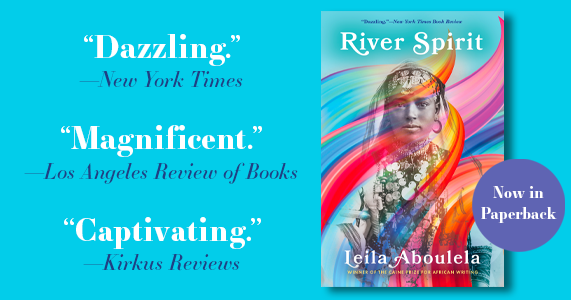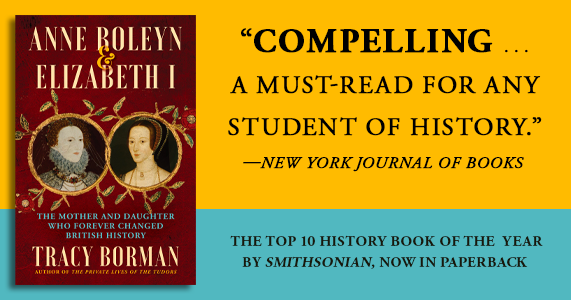After nearly a week spent in frenzied preparation, Henry and Francis came together—for the first time in their lives—at the Field of the Cloth of Gold.
It was a magnificent name, and the occasion was more magnificent still, with each of the two protagonists determined to outdo the other in splendor. Henry brought with him a suite of well over five thousand men, together with nearly three thousand horses; another six thousand artisans from both England and Flanders—builders, stonemasons, carpenters, glaziers and the rest—had been working flat out for months, transforming the castle of Guînes and surrounding it with temporary structures so elaborate and fantastical that they seemed to have come straight out of a fairy tale. Francis, we may be sure, kept a close eye on their work; whatever Henry could do, he was determined to do better.
***
When Henry met Charles on June 11 between Calais and Gravelines, the atmosphere was very different [from Henry’s meeting with Francis].
Despite appearances, he had never really taken to Francis—who offered, apart from anything else, too much serious competition. For Charles, on the other hand—who was still only twenty—he felt a genuine affection. After his visit to England the young man had written a letter thanking him and Catherine warmly for their hospitality, and in particular for the advice Henry had given him “like a good father when we were at Cantorberi”; and it may well be that the King, who was, after all, already his uncle, did feel in some degree paternal—or at least protective—towards him. What seems abundantly clear is that Charles endeared himself not only to Henry but to all who were with him, in a way that Francis, with all his swagger, had completely failed to do.





